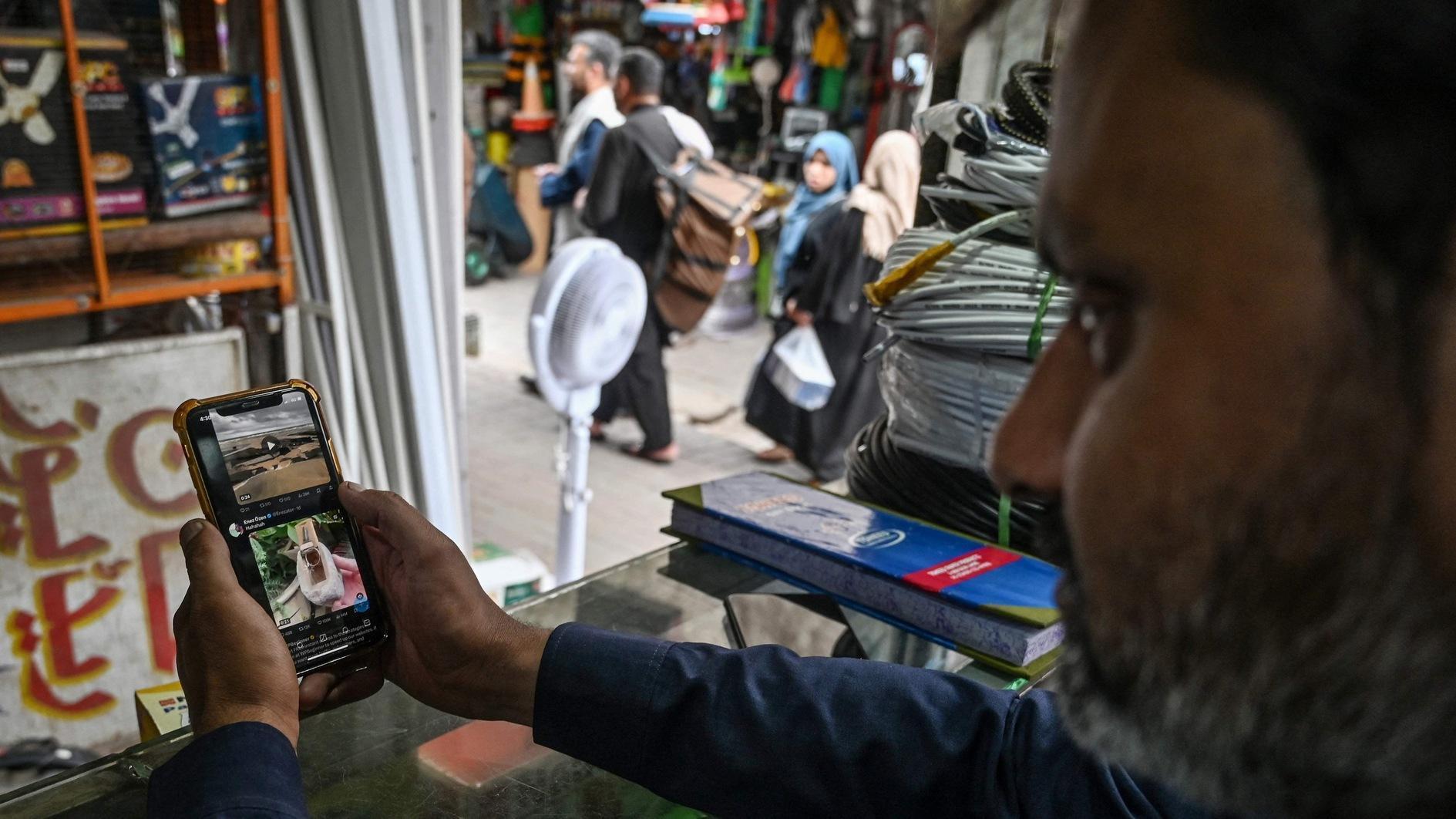‘Civilian tutelage’ and democracy
Anadolu Agency posted a story on the “compassionate slap” threat from the Fethullahist Terrorist Organization (FETÖ). They came across this concept during the FETÖ investigations conducted by the Chief Prosecutor’s Office at the Aegean province of Uşak. “From the statements of the detainees, it was determined that especially after the Dec. 17 and Dec. 25 [2013] operations, FETÖ formed a belief mechanism named the ‘compassionate slap’ to prevent breakaways.”
According to this, those who wanted to cut their ties with FETÖ were threatened that they or a person close to them would be “punished by Allah; something bad would happen to them.”
However, FETÖ does not leave it to God to punish the defectors. It was not only a belief mechanism, but more man-made, actually made by FETÖ. It was not a divine warning; it was a human conspiracy. It was a parallel structure mechanism.
The “compassionate slap” appeared as a “FETÖ slap.” The threats that were based on the belief argument were blows dealt with using the power of the state.
The so-called defectors were soon appalled by the “compassionate” threats coming true. Everybody in this country has heard about their merciless ways.
In short, it was not only the fear of God they generated, but how a non-God-fearing mechanism would openly turn their lives into hell. They created noteworthy examples then presented them to those they wanted to frighten. Calling this a “compassion slap” without properly defining it could be misleading, which is why I wrote about it.
Civilian tutelage over the military
Is it a sign of tutelage that eight civilians and four military members are present on the Supreme Military Council (YAŞ)? According to former Chief of General Staff İlker Başbuğ, yes, it is.
In an interview which appeared in the daily Hürriyet weekend edition by Çınar Oskay, he said so. It did not go well with Başbuğ’s analytical thinking capacity. There is a chaos of concepts.
Oskay asked whether this was for the institution’s survival. Başbuğ answered, “Yes, while trying to lift the ‘military tutelage’ they are forming a civilian tutelage over the military. The structure of the YAŞ shows this. Four soldiers, eight civilians…”
Oskay persisted, “Is there a thing called civilian tutelage?” Başbuğ answered, “Tutelage is guarding an institution that is not capable of self-administration. You change the military council based on the argument the military cannot administer itself. You increase four to eight. You found a National Defense University. I see these as the formation of civilian tutelage…”
I read it once more thinking I missed something. A civilian monitoring over the military was called a democracy, I thought. Başbuğ now calls it “civilian tutelage.” Also he considers this equal to military tutelage. He thinks it is the same model as military-dominated civilian administration.
Isn’t there something wrong with this?
You can oppose the civilian-military member distribution on the military council. You can say the balance was not respected. You can argue that the military profession has its own set of dynamics. We can discuss all of this.
But if you come up with the “civilian tutelage” concept, then there is nothing to talk about, because what you will be discussing is democracy itself.
For the military to report to the civilian authority is the essence of democracy, not a type of tutelage.











